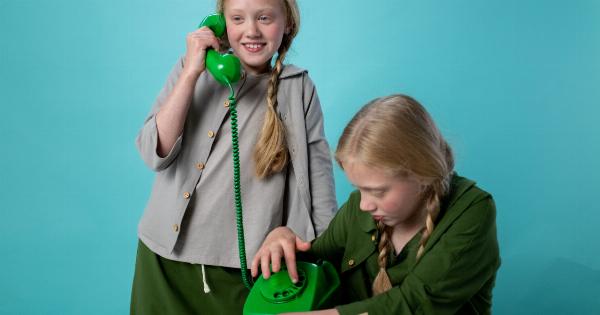Parenting has changed a lot since the 90s. Technology, social media, and a more informed society have all played significant roles in how we approach parenting today.
In this article, we will compare and contrast some of the most significant changes that have occurred.
Education
One of the most significant changes in parenting since the 90s is how we approach education. Today, parents are more involved in their children’s education, whether that means helping with homework or choosing the right school.
With the internet and social media, parents have easy access to information on everything from school rankings to the latest teaching methods. In the 90s, parents were more likely to rely on a school’s reputation or their own experiences to make decisions about their children’s education.
Technology
Technology has had a profound impact on how we parent. In the 90s, we didn’t have smartphones, tablets, or social media to distract us. Today, technology is everywhere, and parents need to be careful about how much screen time their children get.
Technology has also made it easier for parents to stay in touch with their children, whether that means checking in on them with a phone call or tracking their location with a GPS device.
Safety
Parents have always been concerned about their children’s safety, but the 90s was a time when we were just starting to understand things like car seat safety and the dangers of lead paint.
Today, we have access to much more information about child safety, and we take it much more seriously. Parents are more likely to research car seats or choose organic foods to avoid exposure to harmful chemicals.
Discipline
The way we discipline our children has changed dramatically since the 90s. In the past, spanking was a common disciplinary method, and parents were more likely to use physical punishment to discipline their children.
Today, there is a greater emphasis on positive reinforcement and more proactive approaches to discipline. Parents are more likely to use time-outs, positive reinforcement, or other behavior modification techniques instead of physical punishment.
Gender Roles
Societal attitudes towards gender roles have also changed over the past few decades, and parenting is no exception.
In the 90s, gender roles were more traditional, with fathers typically being the breadwinners and mothers staying at home to take care of the children. Today, we see a lot more diversity in family structures and parenting roles. Same-sex parents, single parents, and stay-at-home dads are all more common than they were in the 90s.
Parenting Styles
Finally, parenting styles have changed a lot since the 90s. In the past, authoritative parenting was more common, where parents set strict rules and enforced them with punishments.
Today, we see more permissive parenting styles, where parents are less likely to set rules and more likely to negotiate with their children. There is also a greater emphasis on empathy and emotional intelligence, with parents being encouraged to connect with their children on a deeper level.
Conclusion
Overall, parenting has changed a lot since the 90s. We are more informed, more connected, and more aware of the challenges and opportunities of raising children.
Technology, social media, and changing societal attitudes have all played a role in shaping the way we approach parenting today. As we continue to learn and grow, it will be interesting to see how parenting evolves in the years and decades to come.






























